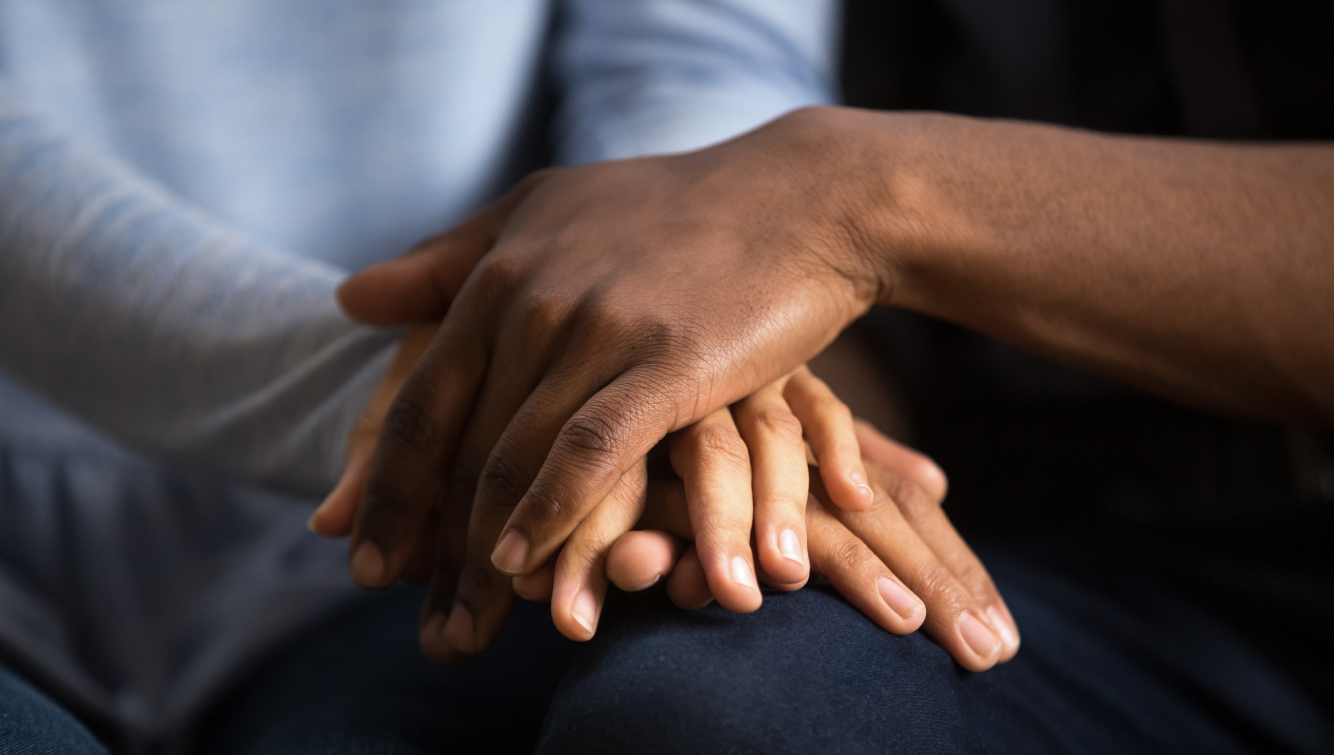Creating a Safety Plan

-
Whether you leave or stay in your relationship
- Carry your cell phone and a spare charger at all times.
- Ask friends to keep their cell phones with them in case you need help.
- Do not answer calls from unknown, blocked or private numbers.
- Set all your online profiles to be as private as possible.
- Set up a code word that you can use with friends to alert them if your (ex) partner is near you. Be sure to let your friends know what you want them to do if you use it.
- Find out about resources before you have to use them during a crisis. Contact the Family Information Line, your local Padre, or Military Family Resource Centre. You may be eligible for an emergency financial grant through Support our Troops and SISIP.
- If you have children, identify a safe place for them. It could be a room with a lock or a friend’s house where they can go for help. Reassure them that their job is to stay safe, not to protect you. Go over the quickest escape route in the house and practice it with them (it could be in the form of a game).
- Teach your children to use the telephone and cell phone to contact the police.
- If possible, make copies of all important documents and ask someone you trust to hold on to them.
- Keep detailed notes about the violence and any incidents. Hide these notes.
- Consider making a plan for your pets. You could make arrangements with friends or family to care for them. Some transition houses accept pets or can make arrangements for them. Some local humane societies will take your pets temporarily.
-
Preparing in case you do leave
- Create a separate bank account, especially if you only have access to a joint account.
- In case you need to leave quickly, have a bag ready with these important items:
- Cell phone and charger
- Cash, credit and debit cards plus account information
- Extra set of keys (car and house)
- Your driver’s license, military ID, health care or other forms of ID
- Copy of any protective or restraining order
- Passport
- Birth certificate, social security card, or immigration papers
- Car registration and insurance papers
- Lease or rental agreements, or deed to your home
- Marriage or divorce papers, custody papers
- Medications and list of medications
- If you have children, bring their birth certificates, school records and anything they may need like medications, items of emotional significance like an extra blankie, teddy bear, or toys.
- If you have pets, take their vaccination records, toys, food, medications, etc.
- Extra clothes appropriate for the weather.
-
After you leave
- Avoid telling your partner where you have gone.
- This can be a very difficult period for you. You can get 24-7 support by contacting Family Information Line (contact information included below).
- If you have a protective or restraining order, keep a certified copy of it with you at all times. Inform friends, neighbors and employers that you have one in effect. You may want to provide a picture of your (ex) partner too, so they can easily identify them.
- Explore with your employer the possibility of working from home.
- Reschedule appointments that the (ex) partner may be aware of.
- Use different stores and frequent different social spots.
- Change cell phone and/or cell phone number, computer and social media passwords
- If you have children, alert school authorities of the situation.
- Consider not visiting friends’ or family’s homes where the (ex) partner may look for you.
- Know that the police can escort you back to the home later to remove additional personal belongings.
-
If you are thinking of returning to your (ex) partner
Talk to someone about your safety. You may also consider joining a support group or attend counselling.
-
Abusive situations can change quickly
External and unforeseen circumstances can arise rapidly. Remember to review your safety plan regularly.
-
Recognize that the violence is not your fault
There are resources available in the military and civilian community to provide support in many ways.



